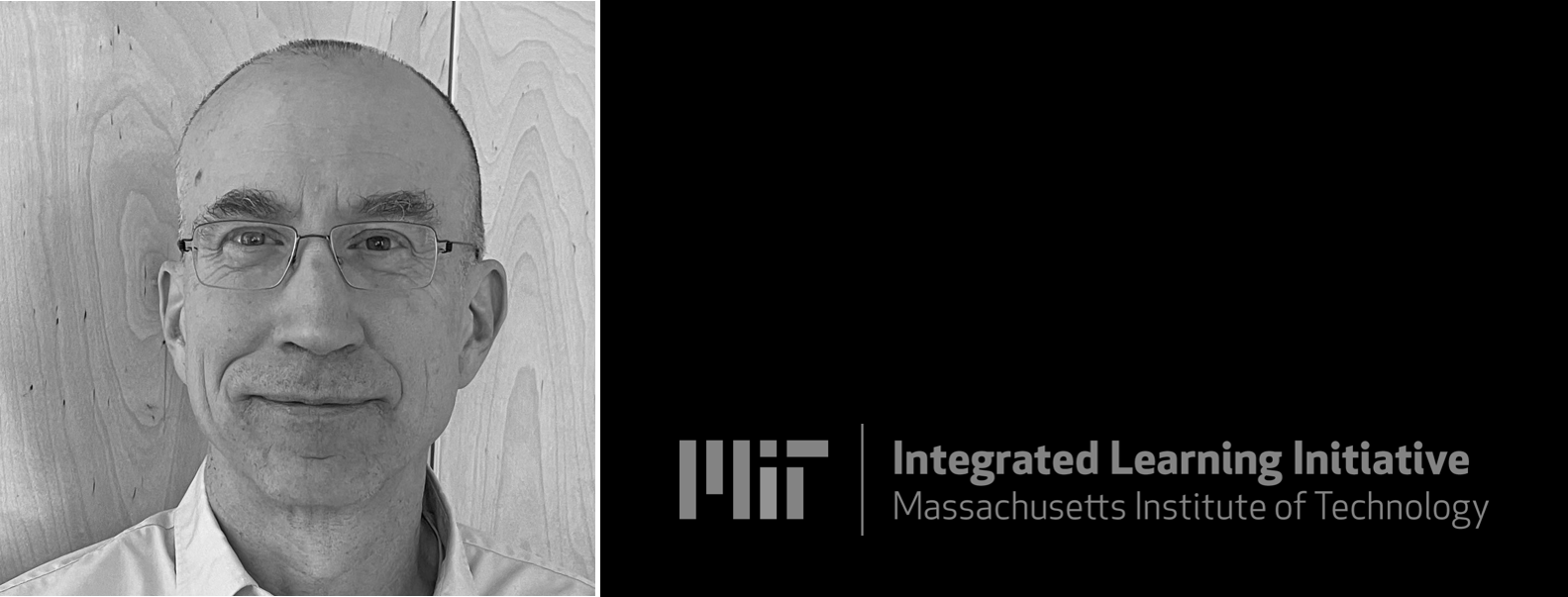
Curt Newton earned electrical engineering degrees from Iowa State and Stanford Universities, which led him to spend 15 years as an optical network systems engineer for Bell Labs. After an industry crisis in the early 2000s, he migrated his career into a field he felt was more meaningful - education. He began as a textbook editor and freelance writer, including writing for MIT Technology Review during the time MIT OpenCourseWare was launched. Captivated by its vision, he joined the OCW team and now leads the program as OCW’s Director.
Curt is also a contributor to MIT’s Climate Portal and other climate projects. Using his years of experience building and promoting open online learning resources, he sees great opportunities to support climate action through open knowledge and lifelong learning.
First, can you tell us a little about the new OCW look and feel? What are some of the changes we should look for?
First, OCW’s new platform is mobile-responsive, bringing freely-shared MIT course materials to people for whom a smartphone is their primary or only digital device. We’re also creating new ways to find and use OCW content, with a redesigned improved search experience. And the new platform is designed for flexible evolution, so you’ll be seeing many enhancements and new features in the months and years to come.
Along with a fresh new website, the platform also streamlines our course production process, enabling OCW to share a more current and vibrant reflection of MIT teaching and learning.
We’re also investing in new collaborations with colleagues around the open education ecosystem, such as instructors at other schools who we hope will adapt and enhance OCW materials for their students and share back the results for others to keep building upon.
How did you become interested in climate change, and what made you decide to help with the Climate Portal?
Building community and taking action together on climate change has become central in my life and work. A series of MIT community conversations in 2013-14 around whether MIT should divest its endowment from fossil fuel investments got me “out of my chair,” as I realized that the entrenched political and financial power of fossil fuel interests would continue to block action all the way to planetary catastrophe unless we found ways to dismantle that power.
In 2015, a couple of MIT alumni proposed building a climate change learning and action community called “ClimateX” around the open learning resources of MITx and OCW. Of course I volunteered to help! This project was supported in MIT Open Learning until 2018, producing a website with community discussions and original content like articles and the “Climate Conversations” podcast. It wasn’t officially MIT’s voice on climate, but somewhat filled a void in MIT climate outreach during that time. In 2018, ClimateX was absorbed into the new official MIT Climate Portal and taken over by MIT Environmental Solutions Initiative. So of course I’ve followed the work there! OCW shares our climate resources through the Portal, and I was an advisor on the MIT Climate Science, Risk, and Solutions Primer.
Among other MIT-associated climate projects, I’ve been an active facilitator of workshops and climate negotiation games using Climate Interactive’s En-ROADS climate simulator, which was co-developed by MIT Sloan Sustainability Initiative. I’m also MIT’s organizer for ongoing humanistic conversations about climate change through the Council on the Uncertain Human Future.
The pandemic has certainly shined a light on finding new ways to learn. What has been the biggest challenge for you and the OCW team during these changing times?
I think our challenges have been pretty typical for any digital-heavy project. We had to learn how to stay connected and coordinated without any in-person time together, but Zoom video meetings and rapid-fire chitchat on Slack are now second nature. More challenging was working through the design and launch of our new platform while working remotely. I think we missed some long sessions around whiteboards and stacks of Post-it Notes, but got through it and are delighted to have the new platform launched now.
I’ll add that especially during the first few months of Covid, with teachers and learners scrambling to create online learning (and millions of curious people suddenly locked down at home), we were glad to have built this extensive open library of MIT course materials for the world. During March-May 2020, traffic to OCW nearly doubled!
What are some of the ways aspiring climate activists can use OCW to help prepare them for a future in climate science?
OCW’s core materials for climate change can be found in our Environment & Sustainability collection. Also use OCW’s new Search tool to explore more specific topics and types of resources such as video lectures or examples of inspiring student projects.
I’ll encourage people to go beyond just the science and engineering aspects of climate, and be sure to explore climate through social science and humanities lenses. Much of the work to be done in the world is about how climate change intersects with other fields, literally touching just about everything. We need people to understand how some climate solutions can be forces for greater equity and justice, while others can perpetuate and worsen inequalities. Urban Studies, Management, D-Lab, and Comparative Media Studies are among the many programs sharing excellent materials about climate change through OCW.
What is your favorite thing about working at MIT?
Without a doubt, it’s the people. Amazing things happen by being so energized with a sense of purpose. Everyone is so interesting, curious, engaged with what’s happening in our community and around the world, and deeply committed to making things better for our amazing students and for anyone with the interest to learn.